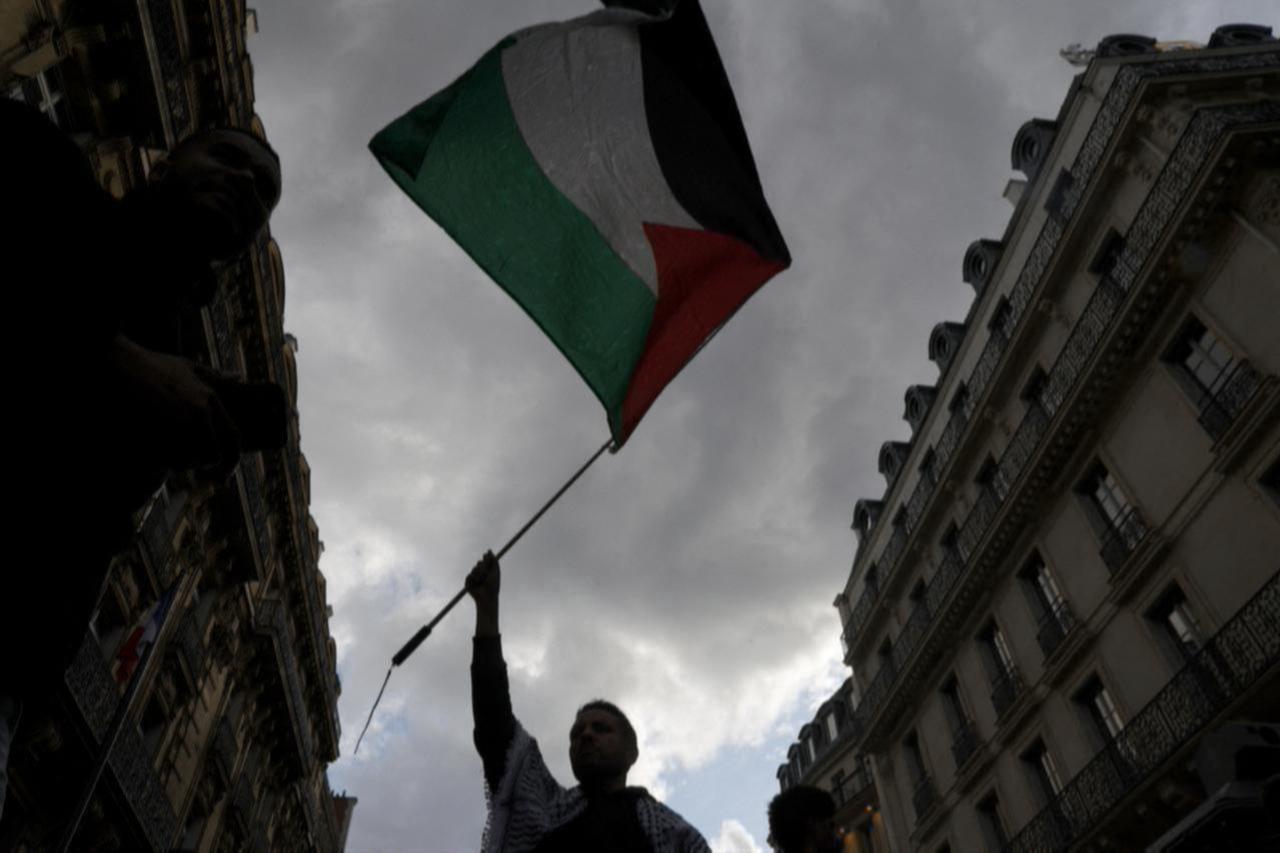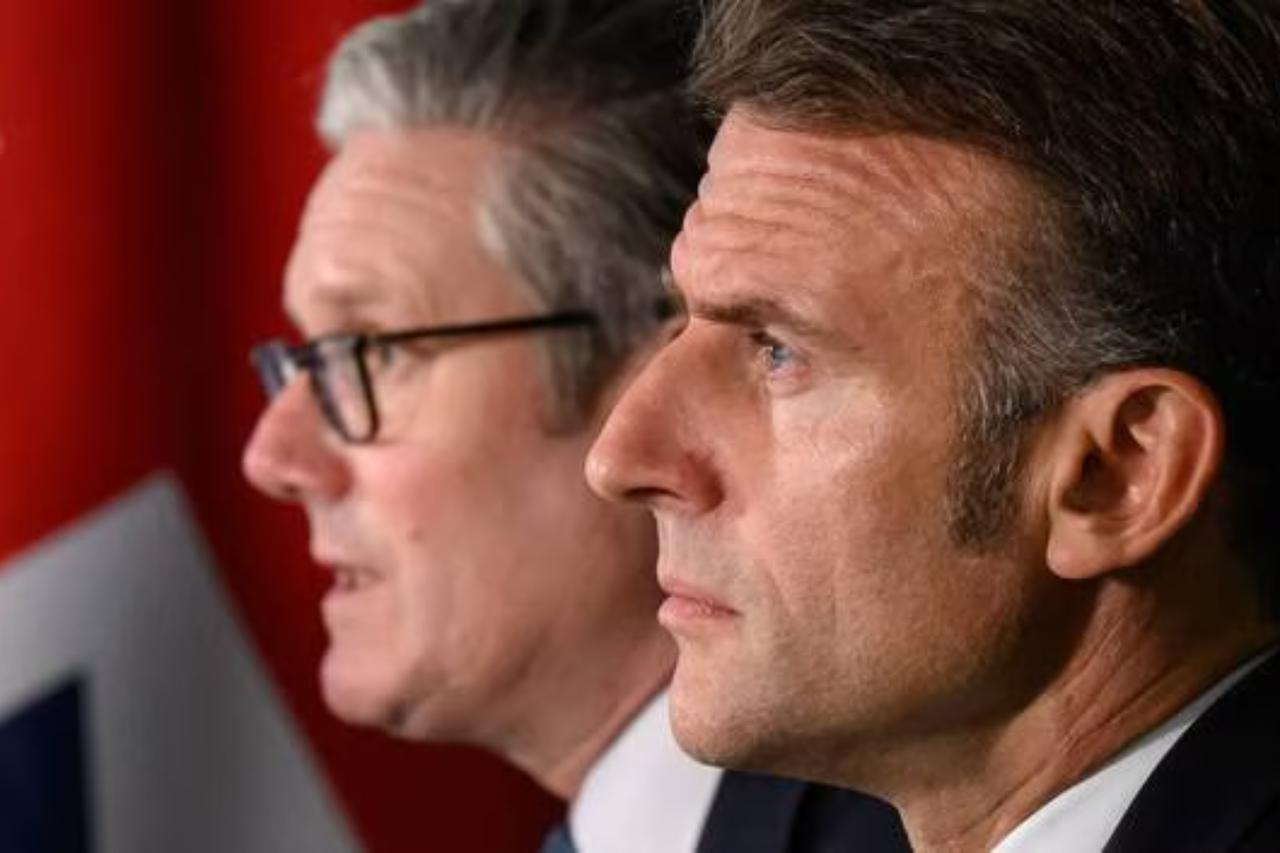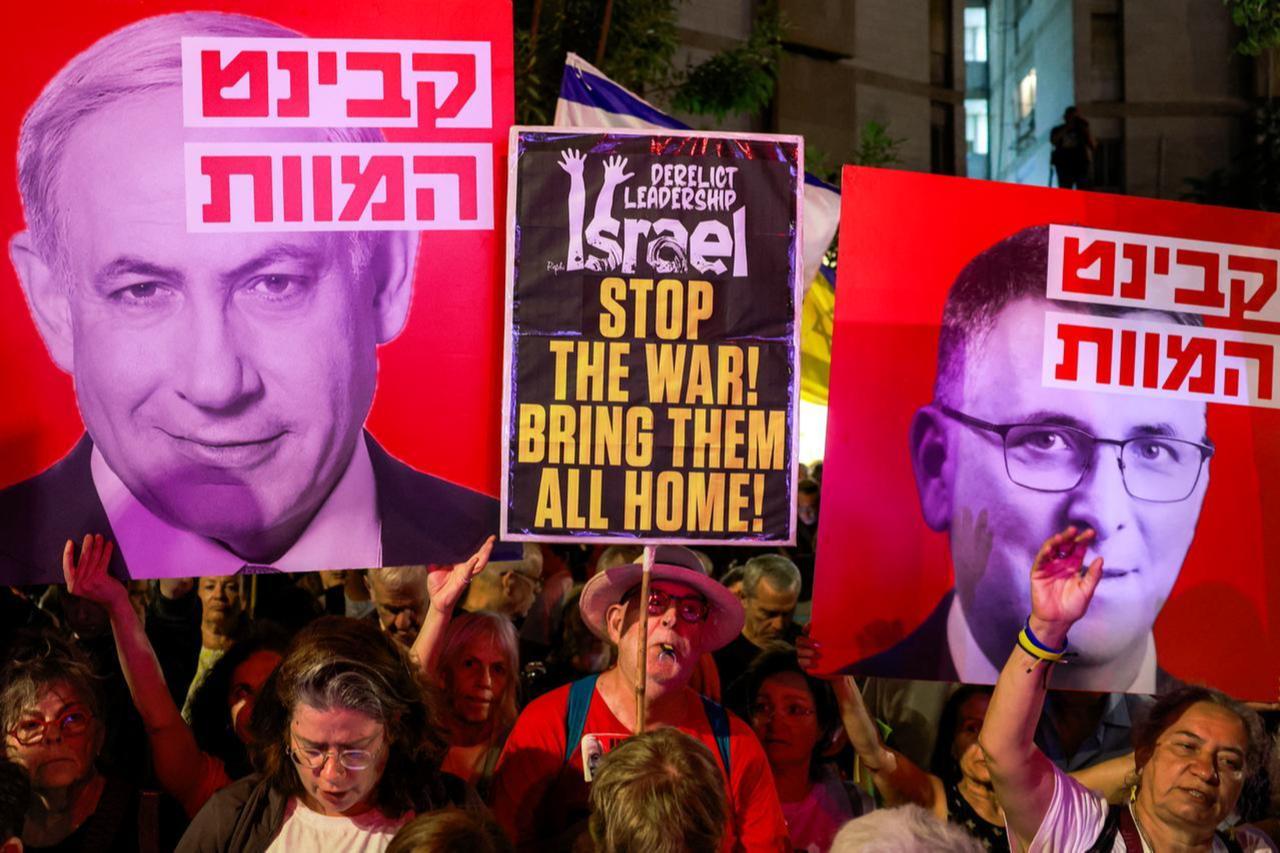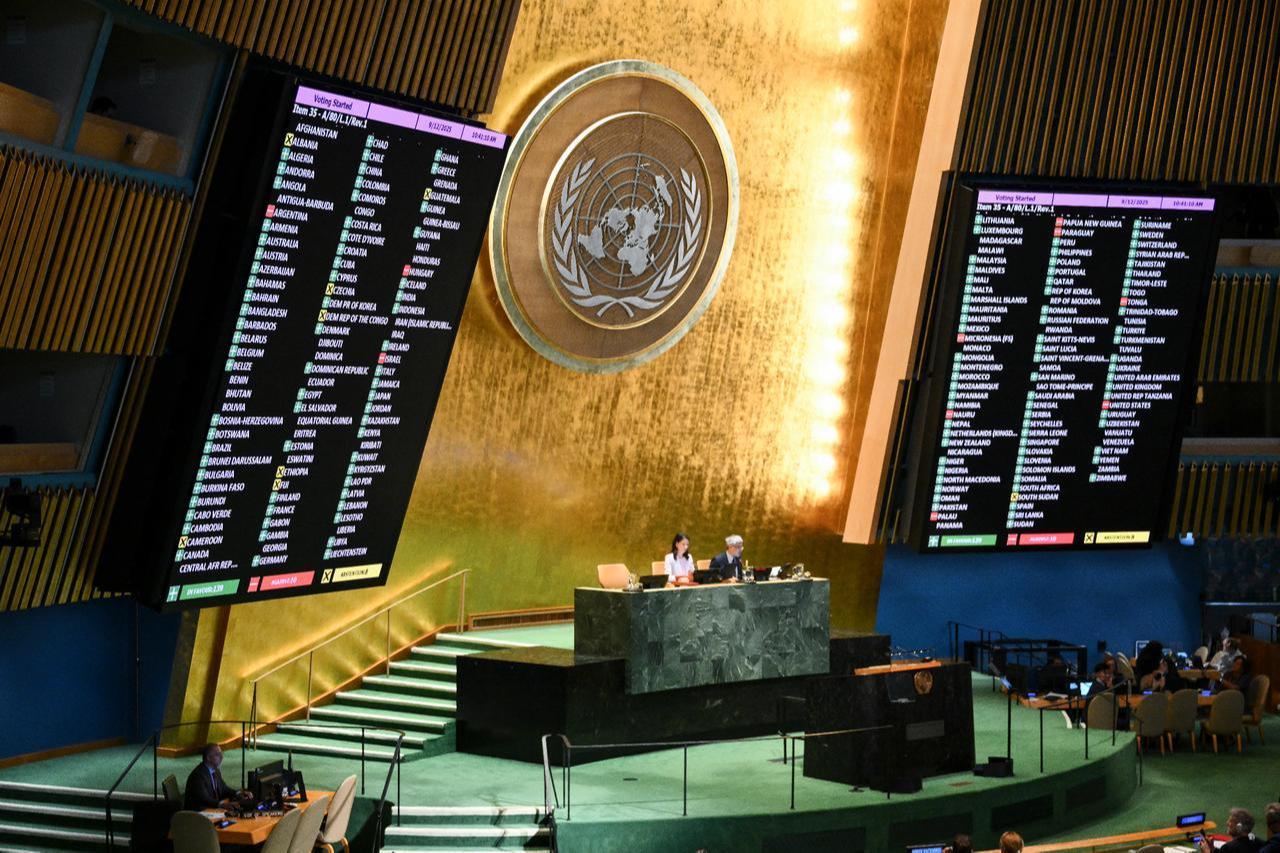
Portugal formally recognized Palestinian statehood Sunday, joining Britain, Canada and Australia in a coordinated diplomatic shift that marks the first time G7 nations have taken this step without a negotiated settlement.
The Portuguese foreign ministry confirmed the recognition in a brief statement, making Portugal the fourth Western nation to acknowledge Palestinian statehood within days. The move comes as approximately 10 additional countries prepare similar announcements during this week's United Nations General Assembly in New York.

The simultaneous announcements followed extensive diplomatic coordination among traditionally pro-Israel allies. British Prime Minister Keir Starmer led the charge in a video statement, declaring his country's formal recognition while addressing the humanitarian crisis in Gaza.
"The starvation and devastation are utterly intolerable," Starmer said, demanding Israel "stop these cruel tactics and let the aid surge in."
Canadian Prime Minister Mark Carney framed the recognition within broader criticism of Israeli policies, stating that "the current Israeli government is working methodically to prevent the prospect of a Palestinian state from ever being established."
Carney pointed to what he called Israel's "unrelenting policy of settlement expansion in the West Bank, which is illegal under international law," and criticized the "sustained assault in Gaza" that has "killed tens of thousands of civilians."
Australian Prime Minister Anthony Albanese characterized the move as acknowledging "the legitimate and long-held aspirations of the people of Palestine to a state of their own."

Israeli Prime Minister Benjamin Netanyahu swiftly denounced the coordinated recognition as an "absurd reward for terrorism" that would "endanger our existence."
The condemnation reflected broader Israeli opposition to unilateral recognition efforts. Knesset Speaker Amir Ohana called Starmer "a modern-day appeaser who chose dishonor," while far-right politician Itamar Ben-Gvir demanded "immediate countermeasures," including seizing more land.
The Israeli foreign ministry framed the Western nations' decision as rewarding Hamas terrorism, despite explicit statements from the recognizing countries that Hamas would have no role in any future Palestinian government.

All four nations emphasized their recognition aimed to preserve prospects for a two-state solution amid the ongoing conflict that began with Hamas's October 7, 2023 attack on Israel.
"At the moment, we have neither" a safe Israel nor a viable Palestinian state, Starmer said, calling the two-state solution "the best hope for peace and security for all sides."
Portuguese President Marcelo Rebelo de Sousa echoed this reasoning: "By acting now, as the Portuguese government has decided, we're keeping alive the possibility of having two states."
Starmer explicitly rejected characterizing the recognition as supporting Hamas, stating: "This solution is not a reward for Hamas because it means Hamas can have no future, no role in government, and no role in security."
The coordinated Western recognition follows months of diplomatic preparation. Portugal had signaled its intentions in July, citing the "extremely worrying evolution of the conflict" and Israeli threats to annex Palestinian territory.
France, Luxembourg and Malta have indicated they will announce similar recognition during the UN General Assembly, which runs through September 29. An adviser to French President Emmanuel Macron revealed that Andorra, Belgium and San Marino also plan to recognize Palestinian statehood.
Palestinian Foreign Minister Varsen Aghabekian Shahin told Agence France-Presse that recognition "sends a very clear message to the Israelis about their illusions about continuing their occupation forever."
Currently, over 140 of the 193 UN member states recognize Palestine, which declared independence in 1988. The addition of these Western nations would bring the total closer to 80 percent of UN membership, significantly strengthening Palestinian diplomatic standing.
The coordinated Western recognition represents the most significant diplomatic pressure on Israel since the current conflict began, potentially reshaping international efforts to resolve the decades-long Israeli-Palestinian dispute through a negotiated two-state solution.